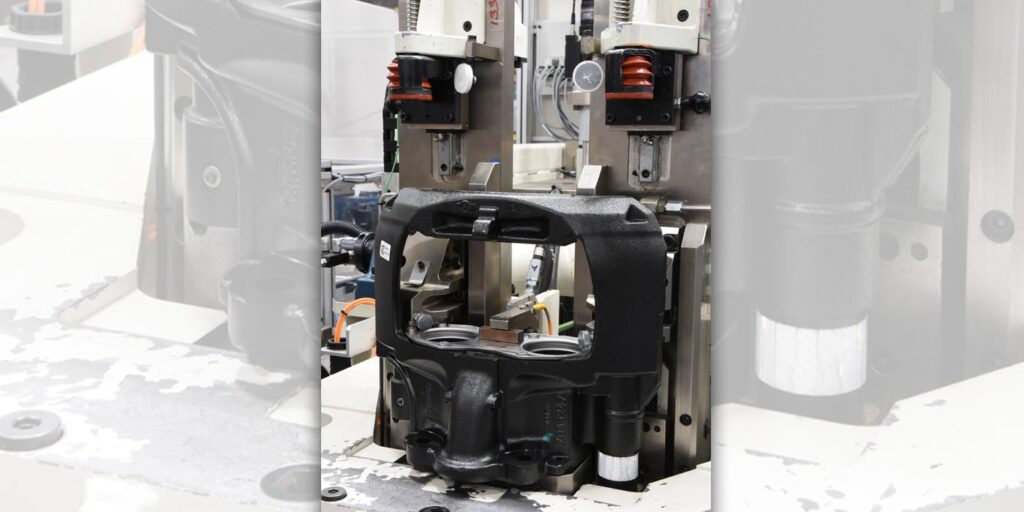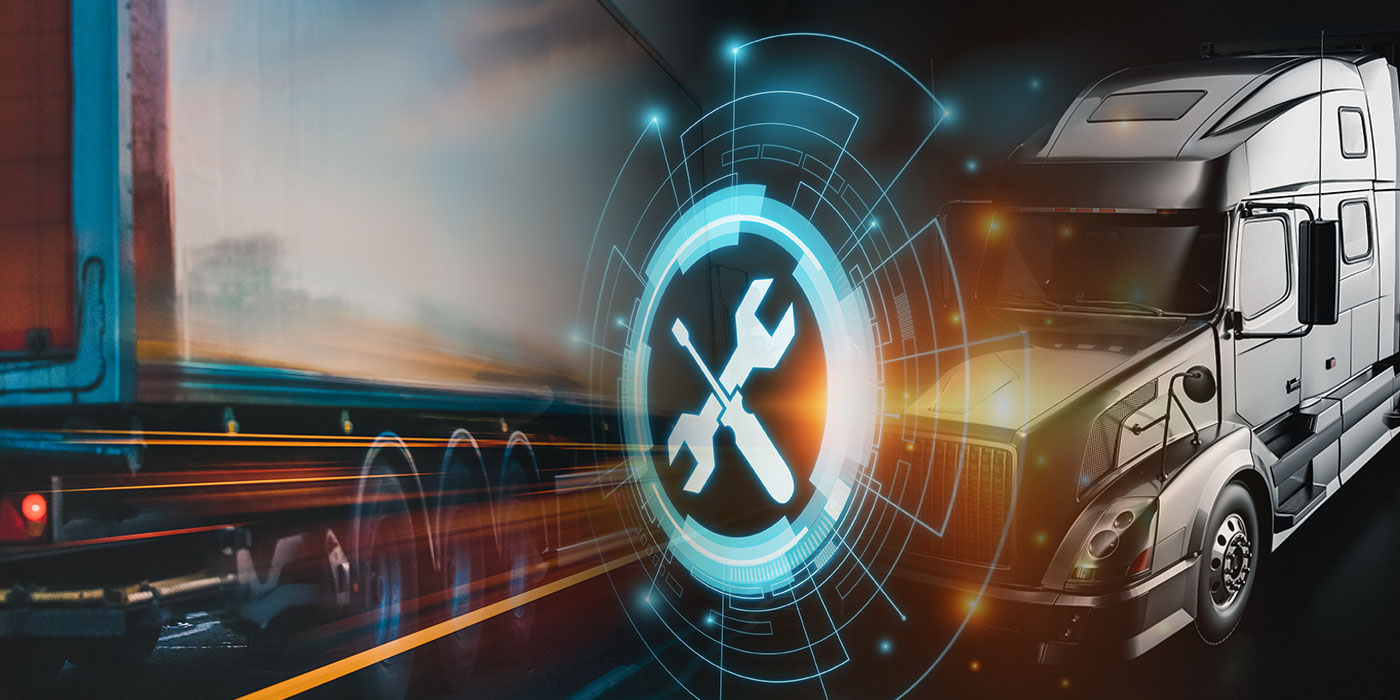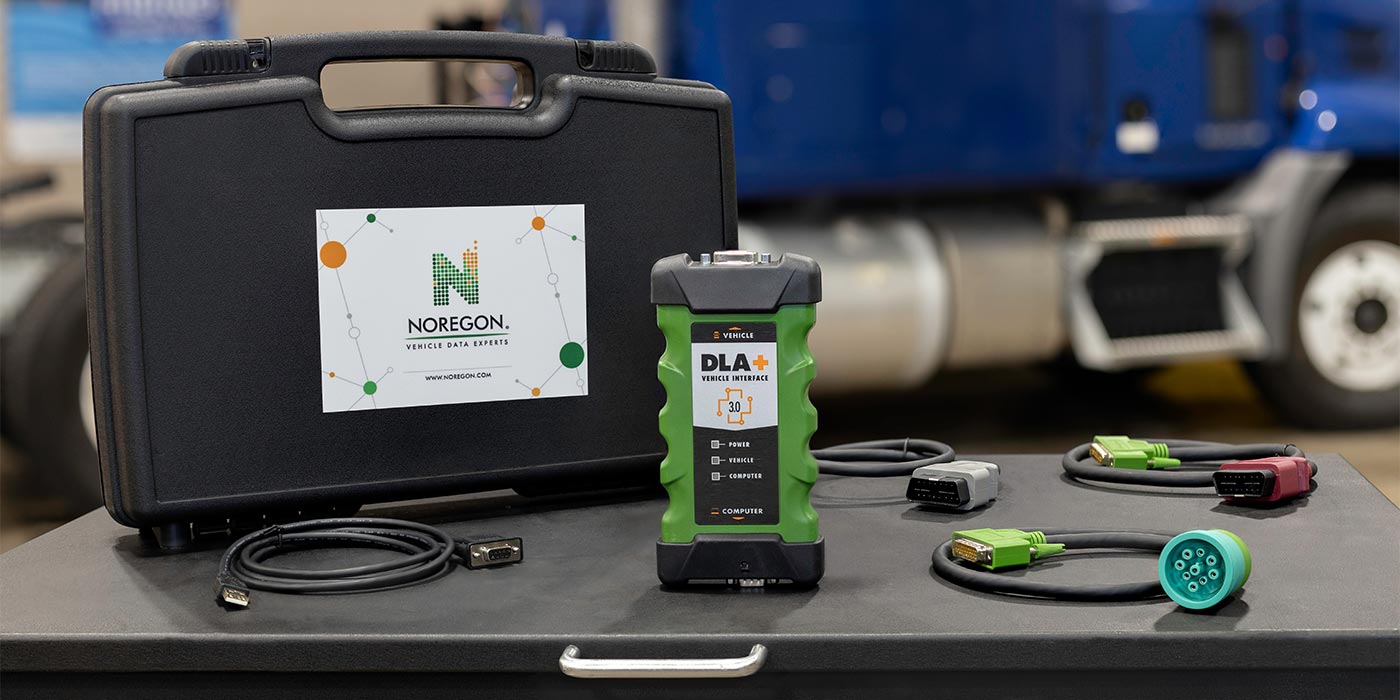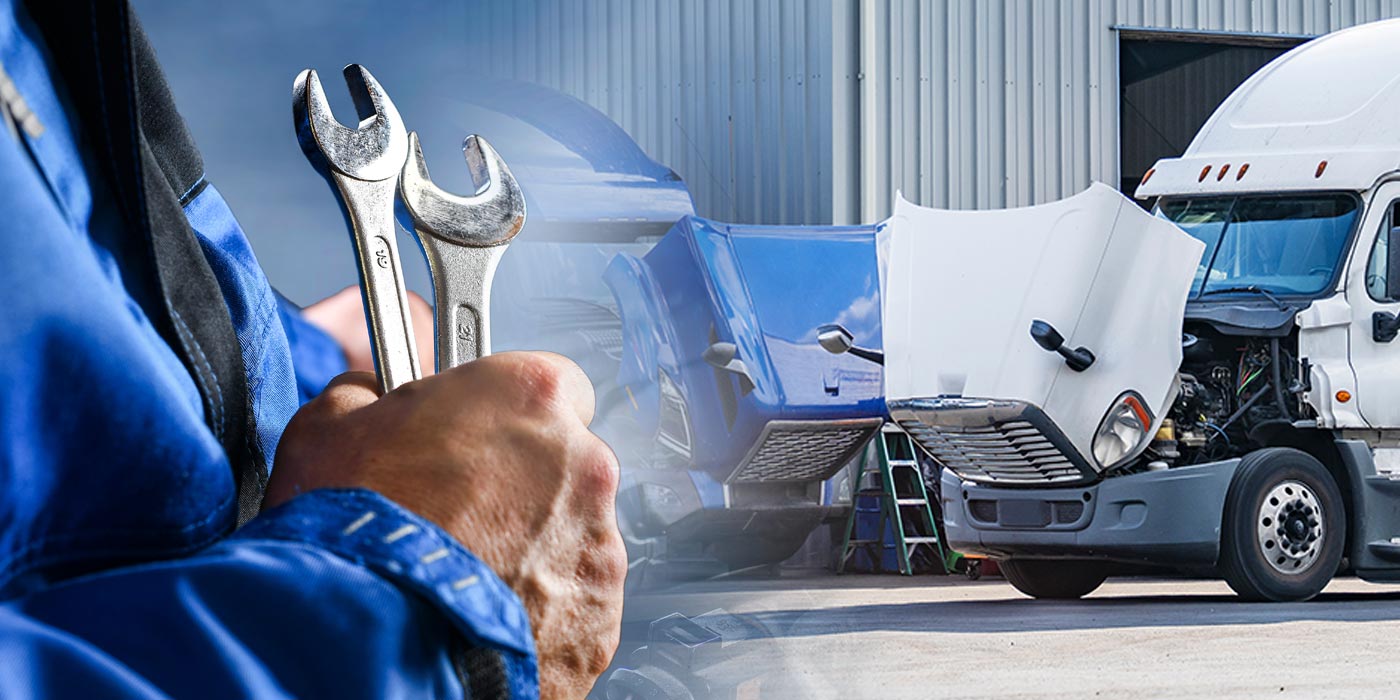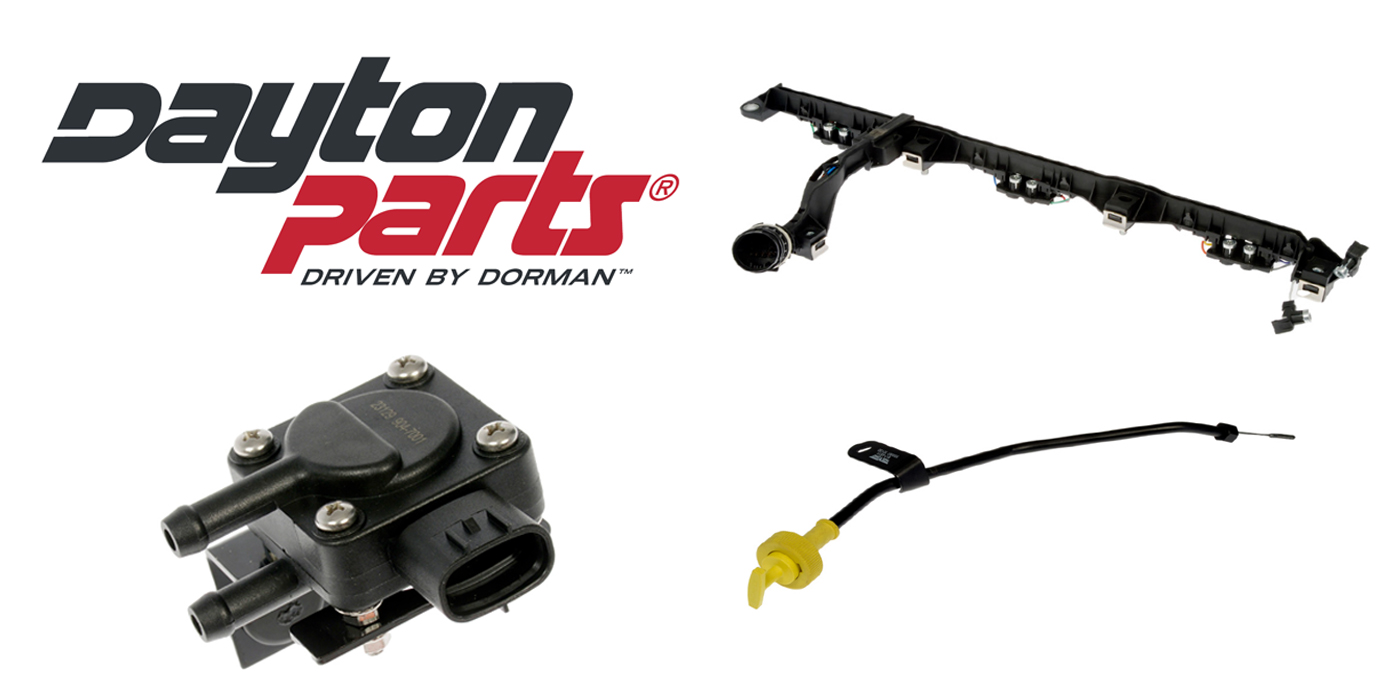The commercial vehicle aftermarket is a crowded place, and the arena of remanufactured and rebuilt parts in particular can be confusing. Put the wrong replacement component on your truck, and you can risk not just part failure, but also damage that would more than wipe out any savings from going with the lowest-cost option.
And when those parts are key to a vehicle’s safe operation – an air brake system’s compressor; brake shoes and calipers; steering gears – the stakes are even higher. When it’s time to replace these parts, knowing what to ask your supplier and being smart about remanufacturing versus rebuilding will equip you to make the right decision.
A reman/rebuild refresher
When a rebuilder disassembles the core of a product for reuse, they don’t necessarily replace the components of that product with new ones or bring the product back to its original equipment manufacturer (OEM) performance level. Rebuilders may simply clean or repaint components. And even if they do replace them, rebuilders may not have full access to OEM-quality parts – so you’re rolling the dice.
A remanufacturer, by comparison, always replaces or repairs a core’s components to bring the part up to OEM specs. Additionally, some components – referred to as wear components – are always replaced with new versions during remanufacturing. Wear components such as gaskets, washers and O-rings are never reused by a true remanufacturer.
MERA – The Association for Sustainable Manufacturing – oversees a Manufactured Again Certification program aligned with the internationally recognized quality management standard ISO 9001 and IATF 16949, one of the automotive industry’s most widely used international quality standards. To receive Manufactured Again Certification, remanufacturers are required to submit third-party evidence of conformance to the accepted quality standards.
Inside the air compressor
When considering a remanufactured air compressor, make sure to ask about those wear components. Pistons, connecting rods and crankshafts undergo a lot of stress, and the compressor’s head and valves experience carbon buildup. If they’re not replaced as part of the reman process, they remain possible failure points – which is why it’s important to know whether the remanufacturer has replaced those parts using OEM components.
It’s also worth considering whether your remanufactured compressor’s piston has been re-honed and matched with a new piston to fit the bore. Why? Because over time, the bore gets worn and scuffed, and it no longer shares its precise original fit with the piston. Re-honing a piston during remanufacturing restores that fit, which is key to ensuring that the piston passes just the right amount of oil during operation. A small amount is necessary to lubricate the compressor; but too much, and you risk contaminating the air supply – and that can lead to huge headaches.
Keeping air disc brakes up to spec
As air disc brakes grow in popularity and show up more on used commercial vehicles, remanufactured calipers make sense as a replacement option, particularly for those second and third owners of air-disc-braked trucks. As they look to save costs while maintaining the safety and performance advantages of air disc brakes, fleets and owner-operators buying remanufactured calipers should ask:
- How long is the warranty? That will say a lot about the supplier’s confidence in its parts.
- What caliper components are replaced with new OEM parts? Again, hardware like caps, boots, bushings and adjuster bearings should all be replaced – not just cleaned and reinstalled. Working with an OEM supplier also ensures you’re getting the most up-to-date versions of these components, which may have been improved upon since their original release.
- How are caliper cores cleaned? Many rebuilders will bake calipers at a high temperature to remove grease and dirt, but Bendix has found that can change a caliper’s material properties. We have a cleaning process that maintains the caliper’s integrity.
- Does their reman process include pre-stressing? This applies a precise stress load on the caliper, and without it, we have seen remanufactured calipers with up to two-thirds shorter life due to fatigue.
What’s best in brake shoes
The road is a terrible place to wonder whether those replacement brake shoes were truly remanufactured or whether they were just relined and given a new coat of paint. In this case, true remanufacturing means correcting the deformities caused by force and temperature changes during the shoe’s previous life.
Make sure to use reman shoes that have been re-coined. Without re-coining – that is, using a press to return a shoe to its originally engineered geometry – the shoe may not make full contact at the anchor pins, or in the roller pockets at the S-cam. Problems reinstalling the drum can also occur with an uncoined reman shoe. And if an uncoined shoe doesn’t provide full drum contact, it could lead to unpredictable brake performance and uneven wear, even if it’s relined with new friction.
Speaking of friction, make sure the new lining has been certified for Reduced Stopping Distance compliance. The regulation has been on the books for years now, but there are still non-compliant versions out there that may not deliver the required performance.
Staying the course in steering gears
As with other components, remanufactured steering gears are brought back up to OEM standards through 100% inspection of all hard parts, along with the replacement of key parts that typically wear out. In this case, that includes production-released hydraulic seals, all steel recirculating balls, cover retaining rings and ball guides, plus slot valves when necessary. Each of these must be replaced with parts identical to the ones found on a brand-new product.
Additionally, don’t forget to ask your reman supplier about how they test their products: OEM manufacturers (including Bendix) regularly subject their remanufactured parts to the same substantive testing as their new parts.
Delivering quality along with a reduced replacement cost is what genuine remanufacturing is ultimately about – helping fleets manage their bottom line while extending vehicle life and reducing total cost of ownership. Asking the right questions along the way will help keep trucks on the road and rolling safely.
Richard Nagel is director of marketing and customer solutions – aftermarket and air supply for Bendix Commercial Vehicle Systems.

